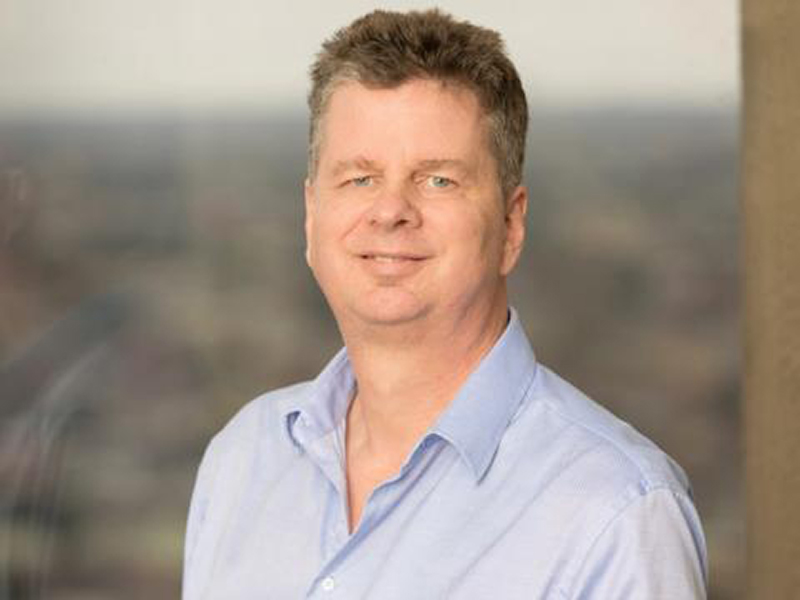David Hotchkiss named chair of International Health and Sustainable Development

Dr. David Hotchkiss, who has served as interim chair of the Department of Global Community Health and Behavioral Sciences (GCHB) over the past year, has been named chair of the Department of International Health and Sustainable Development (IHSD). This new role will go into effect on July 1, 2021, when GCHB officially separates into two distinct departments. The Department of Social, Behavioral, and Population Sciences (SBPS) will be the other department formed in the split.
The decision to divide GCHB into two departments was made a year ago following discussion across the school. GCHB has been the largest department at the School of Public Health and Tropical Medicine, and both department and school leaders determined that students and research needs would be better met within two more focused departments.
“David has done a great job leading GCHB through that transition, and I am confident he will do the same in launching IHSD as a stand-alone department,” said Dr. Thomas LaVeist, dean of the School of Public Health and Tropical Medicine and Weatherhead Presidential Chair in Health Equity.
Hotchkiss holds a master’s degree in demography from Georgetown University and a PhD in economics from the University of North Carolina at Chapel Hill. His research focuses on the evaluation of health systems strengthening strategies in low- and middle-income countries, and he currently teaches courses in international health policy and health economics. Prior to joining Tulane, he was a research associate at the International Food Policy Research Institute. He joined Tulane in 1994.
“Tulane SPHTM has had a long, very well-respected history in international health,” said Hotchkiss. “A lot has changed in the field of global and international health since the original Department of International Health and Development was combined into another department. By reemerging as a standalone department and with a group of internationally recognized faculty whose expertise spans the most pressing public health problems of our time (infectious disease, malaria, obesity/malnutrition, and family planning) in low- and middle-income countries, I believe we have a unique opportunity in both student education and in research.”
The department will offer a master’s of public health in international health and sustainable development. In the short-term, IHSD doctoral students will officially be housed in the Department of Social, Behavioral and Population Sciences, but they can have IHSD faculty as advisors. The new department will ultimately establish a stand-alone doctoral program in IHSD starting Fall 2022.
“We have a lot of exciting plans in IHSD,” said Hotchkiss. In particular he wants to incorporate new emerging content areas that are critical to working in the field of sustainable development to the department’s academic programs. He also plans to expand the department’s connections with the school’s large base of alumni who are working in the international sphere. “Faculty and alumni have for years joked about the ‘Tulane mafia,’ meaning the large number of alumni we have all over the world who are such great ambassadors for our program.” Hotchkiss would like to see more alumni as guest speakers in the classroom and more practicum and internship opportunities with alumni organizations.
